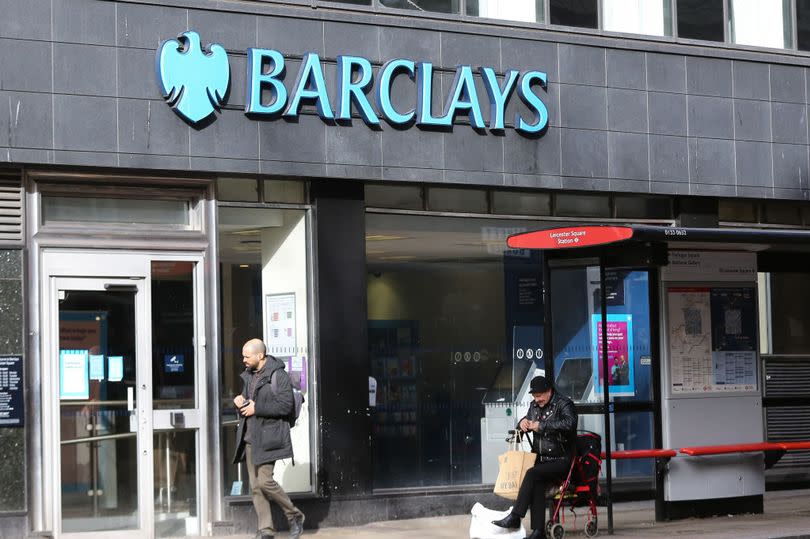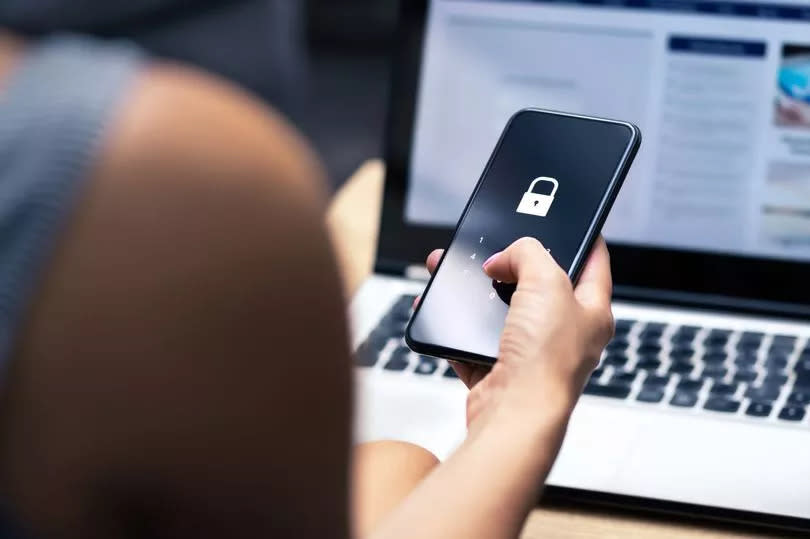Barclays issues warning about 'harmful' mobile phone scam that most people don't spot

Barclays is warning people in the UK to be vigilant of a "harmful" mobile phone malware scam that most people are unaware they're at risk of.
The bank's research shows that one in five (21%) consumers do not know what mobile malware is, while a further 28% only have a limited understanding of the software.
Three in five (61%) of those aged 55 and over have limited or no knowledge of mobile malware and its associated risks.
Mobile malware is harmful software that can spy on and control devices. It can steal information, change device settings, and access features including people's banking app.
Barclays said mobile banking was the payment channel used for a staggering 92% of scams that customers reported last year, reports the Express.
Alarmingly, the number of attacks on mobile devices increased by nearly 52% in 2023, as per Kaspersky's annual report on mobile threats.
Further demonstrating the lack of awareness around malware, Barclays found nearly a third of consumers "wrongly believe" their phone's security system will automatically protect them from mobile malware.
One in four (26%) say they download apps to their phone without doing any additional checks first, and 11% have third-party apps installed on their phone.
Barclays is urging customers to take steps to protect themselves from mobile malware, including:.
Only downloading apps from official app stores
Checking app reviews and ratings before downloading
Using strong passwords and PINs for your phone and apps
Installing security software on your phone
Being wary of clicking on links or opening attachments in emails or text messages from unknown senders
Keeping your phone's operating system and apps up to date
Kirsty Adams, a digital eagle at Barclays, is sounding the alarm for consumers to maintain high alert. She explained: "Criminals employ sophisticated tactics to often sneak malware onto your device by adding apps that seem harmless and practical, such as a PDF reader, to official app stores.
"Once downloaded, these apps can sit dormant on your phone, raising no alarm bells, until you're prompted to update the app inadvertently installing mobile malware on your device.
"With full access to your phone, these harmful apps present you with fake login screens, scrape your phone for private information, and even spy on or control your activity on other apps. Therefore it's important that you're ultra cautious when installing anything on your phone."

Advising on how to stay safe from mobile malware, Ms Adams recommended being "be suspicious" if an app requests accessibility permissions.
She also stressed the importance of keeping devices updated with the latest security patches and advised against downloading apps via links in texts or emails that are unfamiliar.
For further protection, she suggested using two-factor authentication for key apps and installing anti-virus software, advising consumers to "Research what's available before choosing one."
If a device starts acting up, like freezing or restarting unexpectedly, Ms Adams advises checking bank accounts and consulting gov.uk for guidance on how to handle an infected device.
In case you fall prey to such scams, there's a protocol to follow. Ms Adams advised: "Act immediately. If your device becomes infected by malware take immediate steps to limit the risk of infection and seek professional assistance.
"Keep your device on, but disconnected. Unplug any network cables and de-activate Wi-Fi, mobile data and Bluetooth connections. Do not shut down your mobile device as you may not be able to access it again.
"Report the incident immediately to Action Fraud and preserve any evidence."
When it's safe, Ms Adams recommended: "Reset your credentials, including passwords, but make sure you don't lock yourself out of systems that are needed for recovery."
Join the Daily Record's WhatsApp community here and get the latest news sent straight to your messages.

 Yahoo News
Yahoo News 
